Member Directory,
1847 - 1922
Edward L. Thorndike
Professor of Educational Psychology
Centurion, 1909–1949
James McKeen Cattell and Stephen H. Olin
Williamsburg, Massachusetts
Montrose, New York
Age thirty-five
Cortlandt Manor, New York
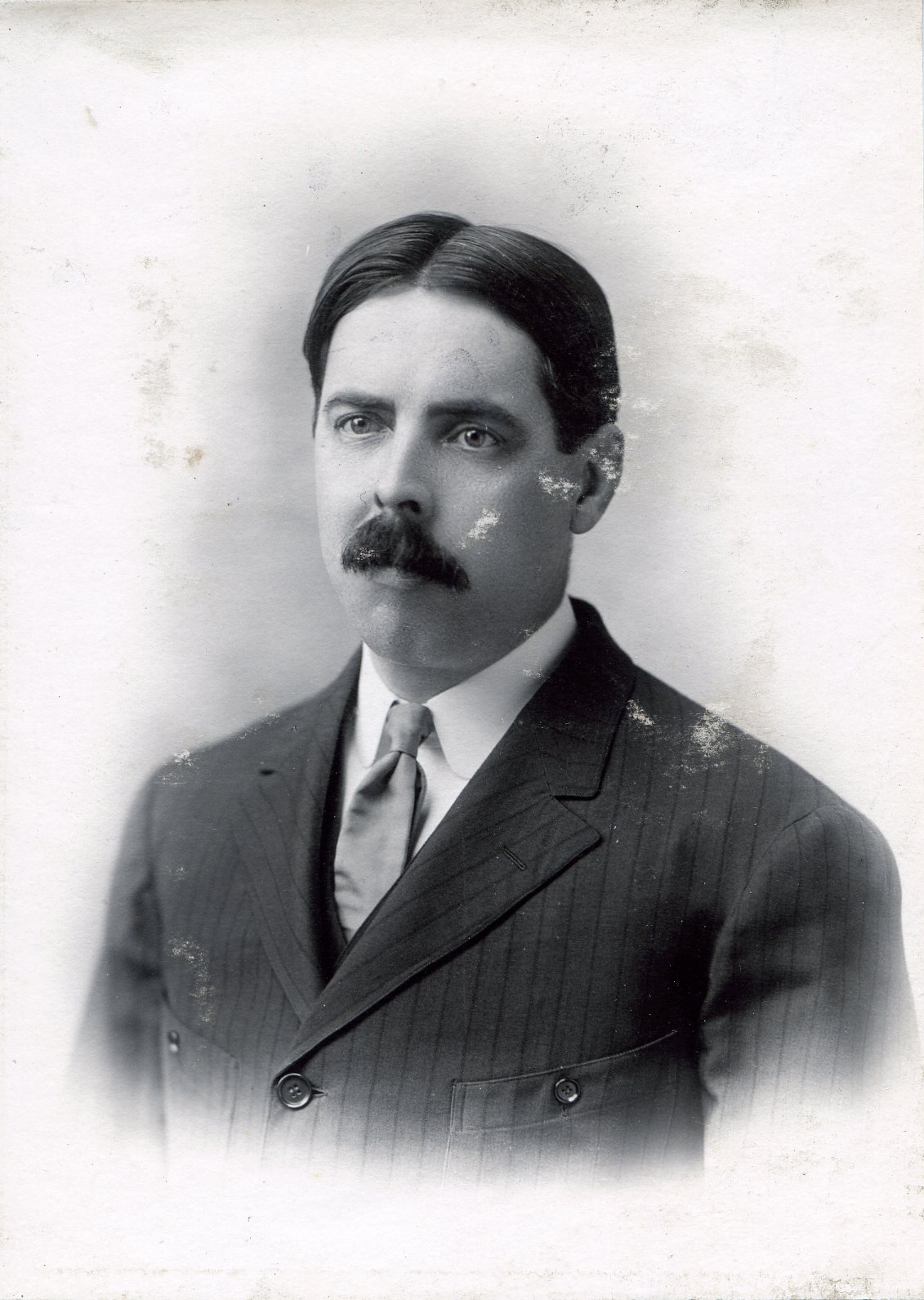
Archivist’s Notes
Brother of Ashley H. Thorndike and Lynn Thorndike
Century Memorial
Edward Lee Thorndike. [Born] 1874. Psychologist.
There were three Thorndike brothers—Ashley, Lynn and Edward—and all were Centurions and Lynn still is. All taught at Columbia University, leading to the student jingle:
“English, history and psych,
Each one has his own Thorndike.”
Of Edward, Dr. Nicholas Murray Butler once said that he was a part of “all the extraordinary things going on in his lifetime in the field of education.” And so he was.
Edward Thorndike was an experimental scientist. He held on to no preconceived opinions. He did not believe that one could learn the truth by idle speculation or random observation. He believed that the human mind could be studied and, given adequate experimentation and precise enough measuring instruments, that there need be nothing secret. To him what psychology needed was less speculation and more experimentation. Examine, test, measure, introduce one variable under controlled conditions, examine test, and measure again. From such experimental studies came his analysis of man’s hereditary endowment, and his laws of learning.
He created scales for measuring the excellence of such achievements as reading, composition, handwriting, drawing and intelligence. He also applied quantitative methods to the study of behavior, education, mental fatigue, human nature, the influence of inheritance on intellect and character, and the way various abilities are interrelated. He was particularly interested in the basic psychology involved in the learning process.
Those who ought to know, say that in pre-Thorndike days teachers would look at children and say to themselves that in those little heads there are certain faculties which it was their duty to improve. Form their character, sharpen their imagination, strengthen their will, develop their memory, sharpen their judgment. In particular, with regard to reason and judgment—the ability to think—the great goal of education is to discipline the mind. Mathematics, ancient languages, formal grammar, logic—these are the subjects which are particularly valuable for disciplinary purposes, provided they are thoroughly and vigorously taught. At that time teachers believed in faculties to be developed and disciplined minds to be achieved. Again those who ought to know say that Thorndike knocked these theories into a cocked hat.
For as a scientist he found no evidence to confirm the theory that the mind was composed of a number of faculties. Instead he found a myriad of responses associated with certain stimuli. And that opened up a Pandora’s box by the demolition of the theory of formal discipline and faculty psychology: No longer could the teacher feel successful if only he taught in a hard and disagreeable manner. No longer would a course of study be composed of a few subjects, the same for all pupils. Into prominence by his work came adjustment to individual differences, study of the curriculum, and development of scientific methods of teaching.
Thorndike did not confine his scientific insight and activity to a study of only the child. He made substantial contributions to adult education and the psychological aspects of sociology. To him the human mind was of a piece; the adult was only a big child; and the principles he deduced and the laws he discovered applied to all the mental activities of men.
He was a man of extraordinary vitality. The list of his publications contains more than five hundred titles—fifty written after his retirement. Seven universities of the Old and New Worlds made him an honorary doctor. He received the Butler Medal in gold from Columbia in 1925 for “his exceptionally significant contribution to the general problem of the measurement of human faculty and to the application of such measurements to education.”
Of very few scholars is it possible to say in truth that they were pioneers in their professions. But E. L. Thorndike was, and he is honored throughout the world wherever education of the young and of the old is held in the honor it should be.
Source: Henry Allen Moe Papers, Mss.B.M722. Reproduced by permission of American Philosophical Society Library & Museum, Philadelphia
Henry Allen Moe
Henry Allen Moe Papers, 1949 Memorials
Related Members
Member Directory Home-
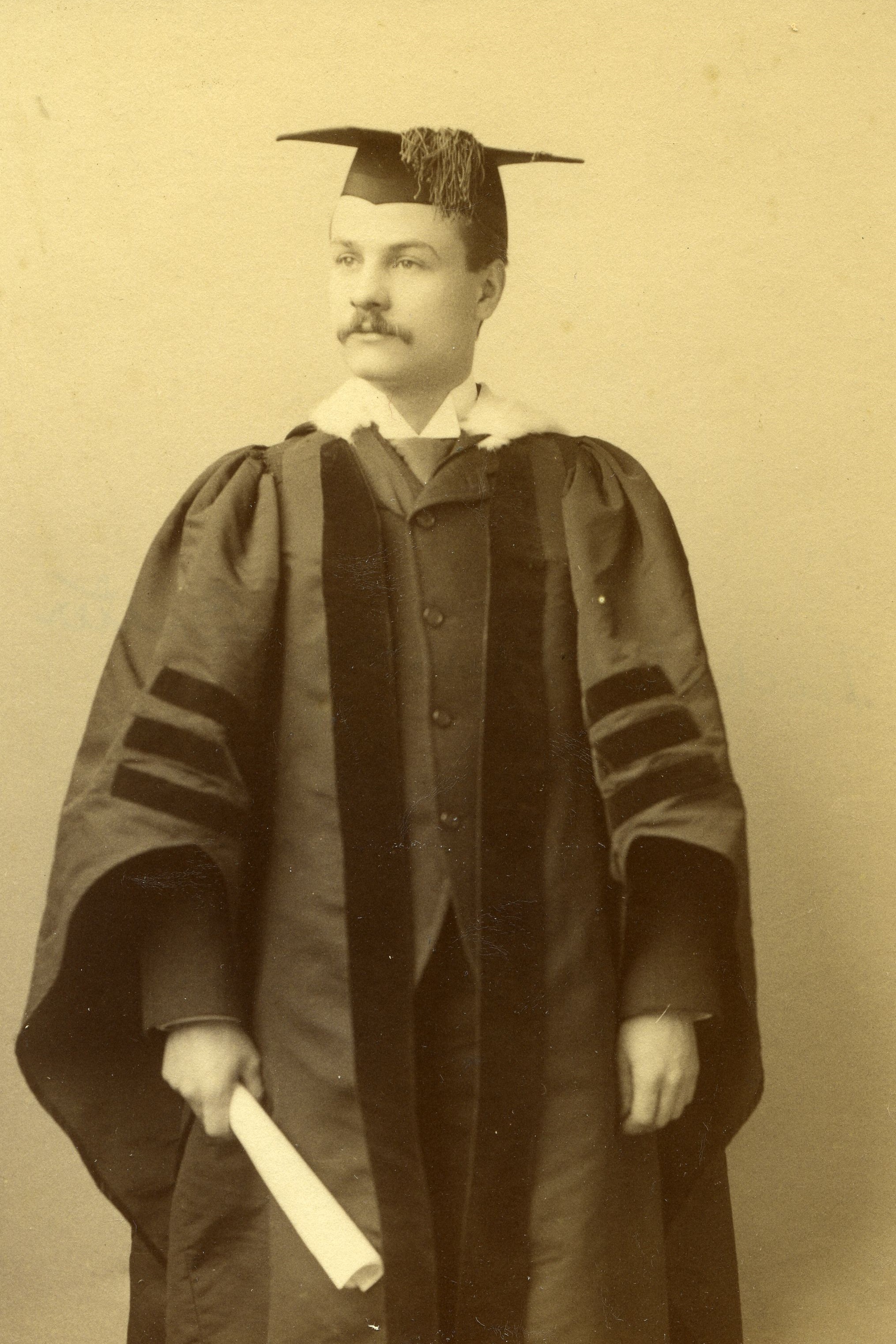 Nicholas Murray ButlerEducator/DiplomatCenturion, 1890–1947
Nicholas Murray ButlerEducator/DiplomatCenturion, 1890–1947 -
 James McKeen CattellProfessor of PsychologyCenturion, 1905–1913
James McKeen CattellProfessor of PsychologyCenturion, 1905–1913 -
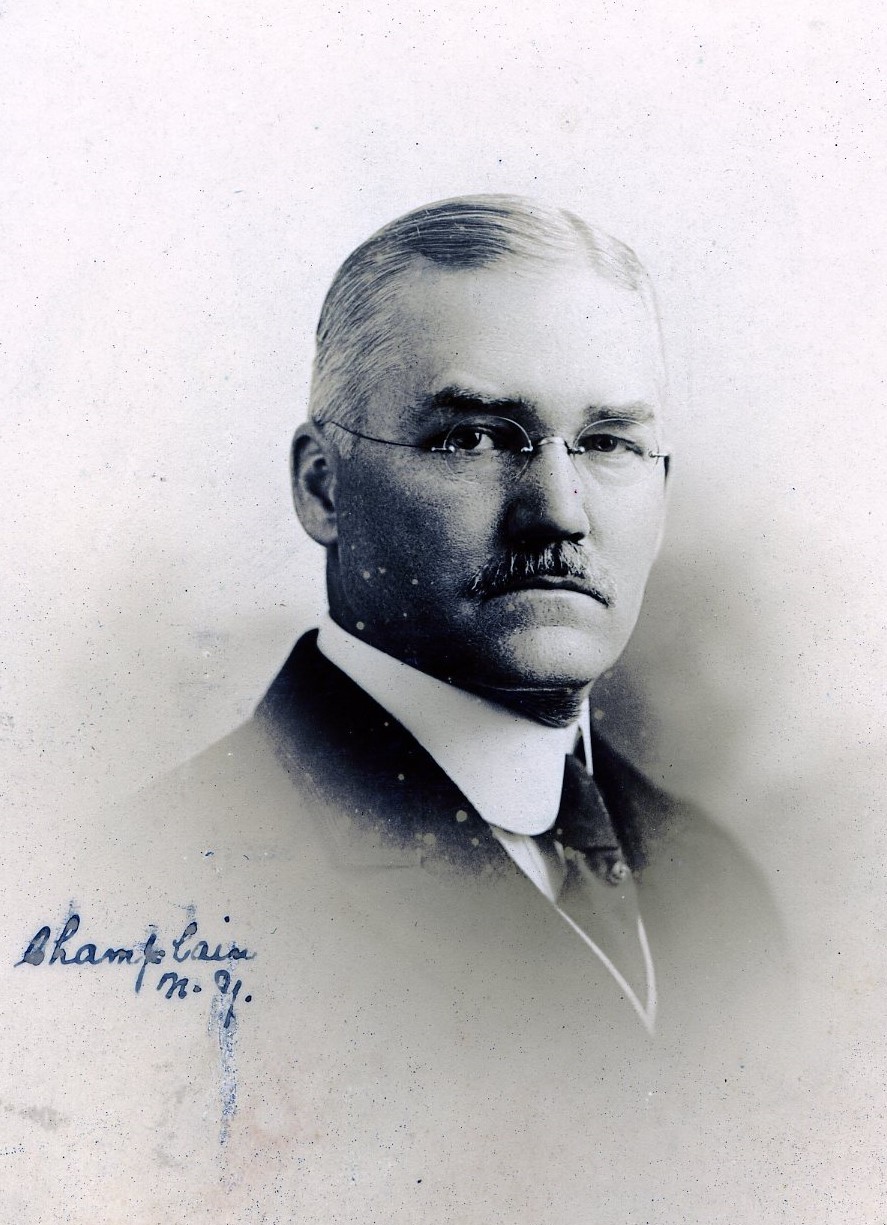 Paul MonroeProfessor/Director, School of EducationCenturion, 1918–1947
Paul MonroeProfessor/Director, School of EducationCenturion, 1918–1947 -
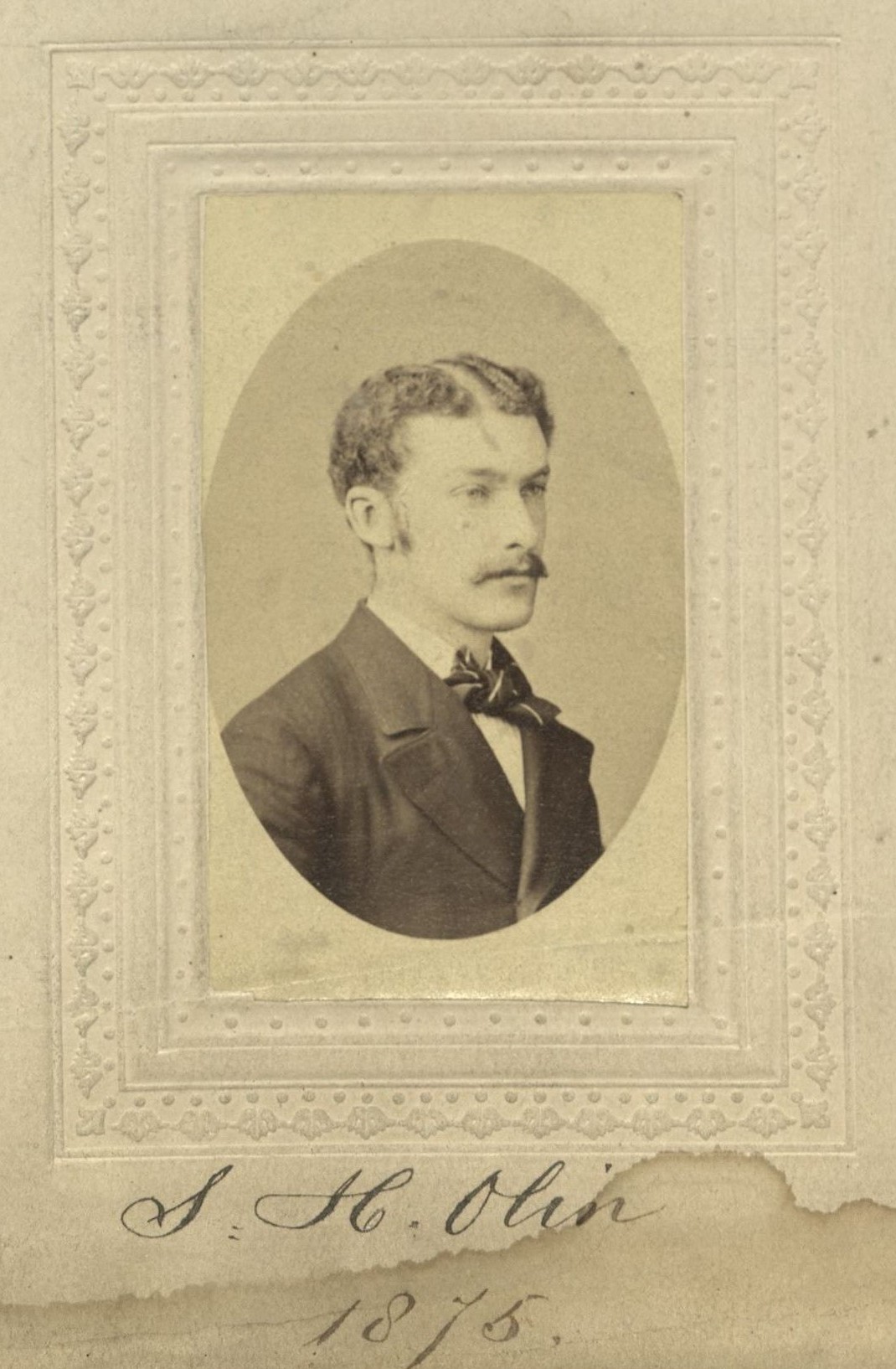 Stephen H. OlinLawyerCenturion, 1875–1925
Stephen H. OlinLawyerCenturion, 1875–1925 -
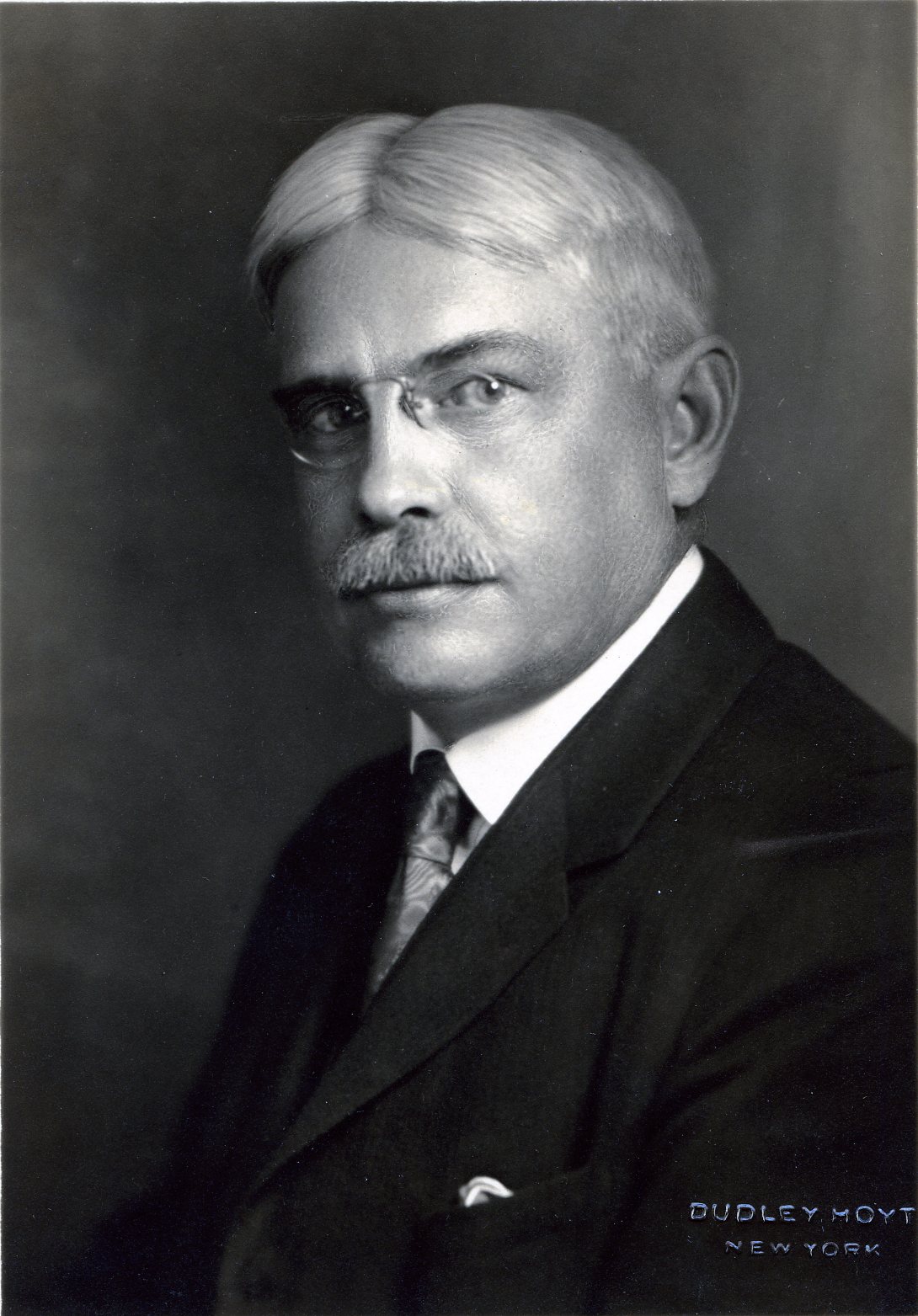 Ashley H. ThorndikeProfessor of English LiteratureCenturion, 1909–1933
Ashley H. ThorndikeProfessor of English LiteratureCenturion, 1909–1933




